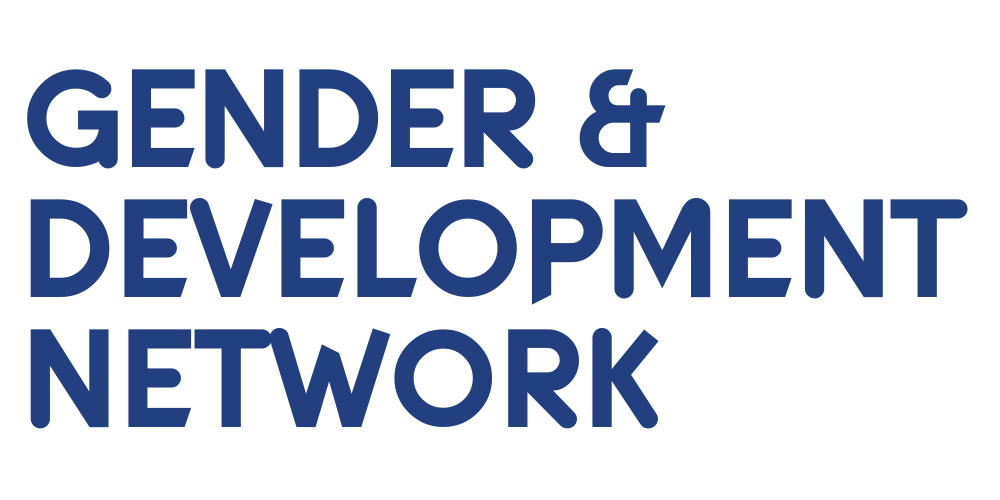Josette Desmone
Brief Biography:
Gender and social inclusion (GESI) specialist with 4 years of expertise in program management, gender mainstreaming, and LGBTQI+ program evaluation and analysis. Holds an M.A. in European Studies from Georgetown University, where her thesis examined LGBTQI+ civil society resilience and trauma-informed interventions in Ukraine during Russia's war of aggression. She has coordinated GESI-focused initiatives across USAID-funded programs, supported gender analyses, and facilitated inclusive policy workshops. Her work spans advocacy, research, and technical assistance, ensuring marginalized voices shape international policies and programs. Passionate about intersectional approaches to gender justice, they have worked with civil society organizations, multilateral institutions, and advocacy networks to advance LGBTQI+ and women’s rights globally.
Areas of Expertise:
My expertise and passion lie at the intersection of gender equality, LGBTQI+ human rights, and social inclusion, with a particular focus on policy and programmatic approaches that center the voices of marginalized communities. Throughout my career, I have worked to advance gender and social inclusion (GESI) in international development, from supporting USAID-funded initiatives at Banyan Global to researching trauma-sensitive approaches for civil society organizations advocating for LGBTQI+ rights in Ukraine at Freedom House. These experiences have reinforced my deep commitment to dismantling the systemic barriers that perpetuate discrimination and inequality.
I firmly believe that gender justice must be rooted in an intersectional approach—one that not only advances the rights of women and girls but also challenges structures of oppression affecting individuals based on race, ethnicity, SOGIE (sexual orientation, gender identity, and expression), disability, and socioeconomic status. My work has consistently reflected this commitment, whether through leading technical contributions to gender analyses, facilitating workshops on inclusive policy development, or ensuring programmatic decision-making is informed by those most impacted.
